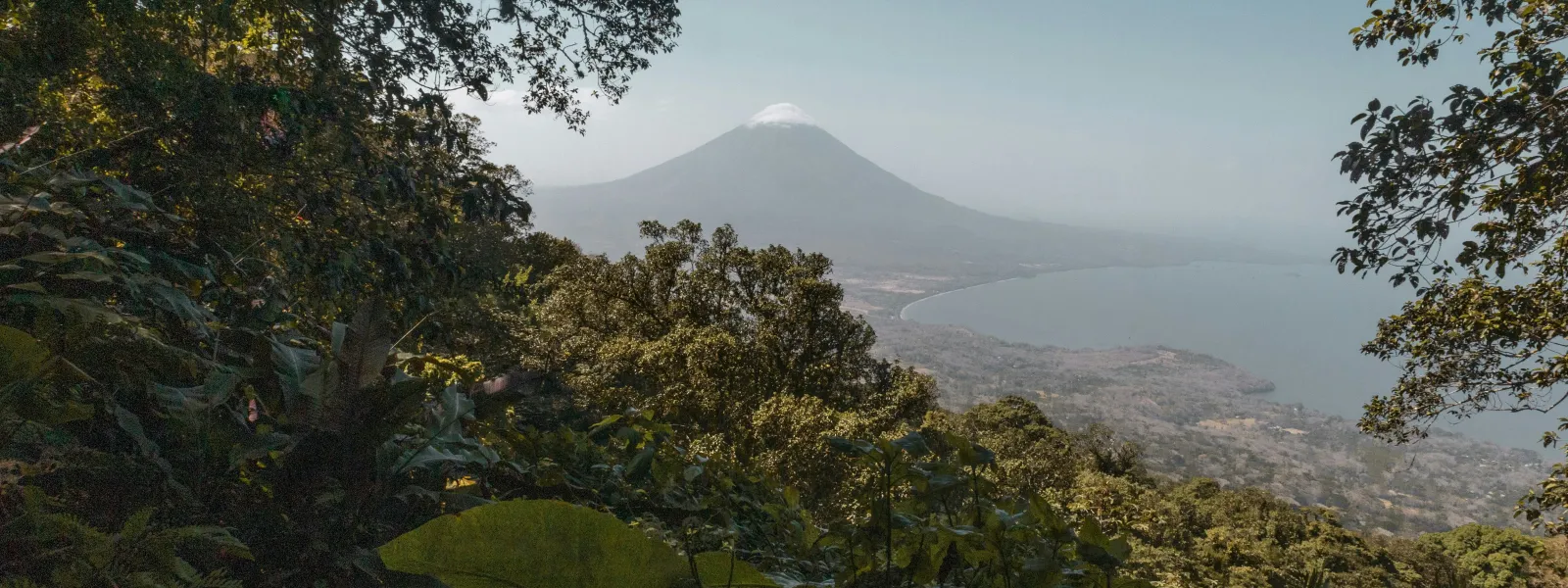
Leading participatory monitoring processes for Green Climate Fund financed projects
Mario von Rotz / Unsplash
The Green Climate Fund (GCF), a multilateral climate fund under the United Nations Framework Convention on Climate Change (UNFCCC), allocates funding for projects and programs aimed at reducing greenhouse gas emissions and building resilience to climate change impacts in developing countries. To date, the GCF board has approved 243 projects worldwide, committing 13.5 billion USD in total. Notably, approximately 26% of these projects and programs target Latin America.
This financial mechanism has become a lynchpin of the climate finance architecture, challenging conventional approaches to international projects. It is governed by a board with equal representation from developed and developing countries (UNFCCC designations); robust environmental and social policies rooted in human rights; an indigenous people’s policy, backed by an advisory group that interfaces with the Secretariat and the Board; a stated preference for maximal information disclosure; a seat for active observers representing civil society organizations; strong ties to the UNFCCC and the Paris Agreement; and an explicit mandate to include a gender perspective. In fact, all approved projects and programs are required to integrate a Gender Action Plan (GAP). In addition, the GCF is mandated by its own policies to facilitate stakeholder participation mechanisms. These mechanisms encompass representation from diverse sectors, including the private sector, civil society organizations, vulnerable groups, women, and indigenous peoples.
Though implementation of these safeguards and progressive policies is far from perfect, their existence lays the groundwork for stronger future implementation. Civil society, including feminist movements and organizations, engage with the GCF as a climate finance mechanism that should continue to be strengthened. The explicit analysis and commitment mandated for each project regarding social and gender considerations not only facilitate engagement but also uphold accountability.
In late 2022, partner organizations of the Global Alliance for Green and Gender Action (GAGGA), including the International Analog Forestry Network (IAFN), Asociación Interamericana para la Defensa del Ambiente (Interamerican Association for Environmental Defense, AIDA), Fondo Centroamericano de Mujeres (Central American Women’s Fund, FCAM), Fondo Tierra Viva (Tierra Viva Fund) and Women’s Environment and Development Organization (WEDO), collectively launched a pilot initiative. The project aimed to facilitate participatory monitoring of the implementation of the project FP089 Upscaling climate resilience measures in the dry corridor agroecosystems of El Salvador (RECLIMA). 3 RECLIMA was approved by the Board of Directors of the GCF during its 21st meeting (B.21) in 2018. For the fieldwork, an alliance was formed with Unidad Ecológica Salvadoreña (Salvadorean Ecological Unit, UNES), a local ecofeminist NGO advocating for environmental and gender justice in El Salvador.
The main objective of this project was to pioneer a participatory monitoring process for a GCF-funded project, with specific emphasis on gender equality. Each participating organization approached this collaborative initiative with genuine curiosity, eager to explore its feasibility and potential impact. There was also a collective commitment to openly share information about the process, results, challenges, and lessons learned. This report aims to summarize the outcomes of this exercise, providing an overview of the RECLIMA project and highlighting the importance of gender equality and participatory monitoring within climate projects; as well as sharing primary findings and key recommendations, tailored to GCF Accredited and Executing Entities.
